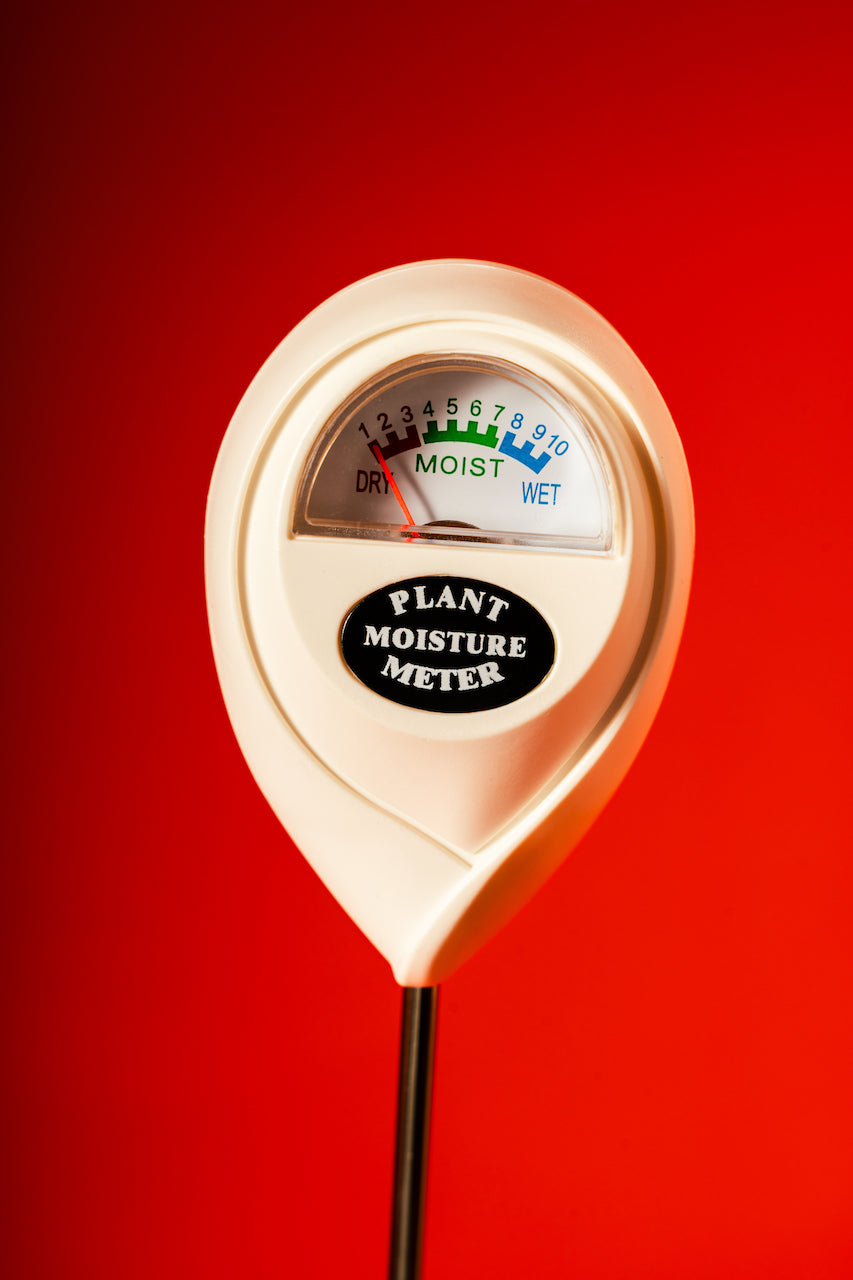The Ultimate Overview to Moisture Meters: A Comprehensive Review and Just How They Can Save You Money
Wetness meters serve as crucial devices in detecting and checking moisture web content in materials, helping in stopping costly problems and making certain the high quality of products. Recognizing the nuances of different types of dampness meters, their applications, and the prospective cost-saving advantages they offer can be a game-changer for specialists and businesses alike.
Types of Dampness Meters
One typical type is the pin-type moisture meter, which measures the electrical resistance between two pins put into a material. Pinless wetness meters, on the various other hand, usage electromagnetic sensing unit plates to scan a larger location without triggering damages to the material's surface area.

In addition, there are likewise specialty moisture meters developed for details materials like hay, grain, or dirt. These meters give exact wetness readings tailored to the one-of-a-kind residential properties of the product being examined. Infrared dampness meters determine the thermal residential or commercial properties of a product to determine its dampness material non-invasively, making them beneficial for applications where pin or pinless meters might not appropriate. Comprehending the various types of dampness meters readily available can aid industries choose one of the most proper tool for their specific moisture measurement demands.

Advantages of Utilizing Wetness Meters
Moisture meters use important advantages in properly evaluating and keeping track of wetness levels in diverse products and settings (Moisture Meter). Among the main advantages of utilizing wetness meters is the avoidance of prospective damage created by excess moisture. By finding and addressing high dampness degrees early, dampness meters assist to avoid mold growth, rot, and structural damage in structures, conserving both money and time on repairs. In addition, dampness meters help in making sure the high quality of materials throughout building or production processes. By precisely gauging dampness content, these tools help maintain the stability of wood, drywall, concrete, and various other products, minimizing the risk of problems or failures.
Furthermore, using dampness meters can cause increased energy performance. By determining locations with high moisture degrees, such as leakages or inadequate insulation, adjustments can be made to boost energy conservation and reduce utility prices. In agricultural settings, moisture meters play an essential role in maximizing plant yields by making it possible for farmers to check soil dampness levels and make informed irrigation decisions. Overall, the benefits of using dampness meters span across various markets, supplying cost-effective remedies and advertising better quality control techniques.
How to Select the Right Moisture Meter
When picking a dampness meter, it's necessary to make sure that the meter is suitable for the certain material you will certainly be screening. Different materials have varying electric buildings that can affect moisture readings, so choosing a meter designed for your material is critical for accurate results. By check thoroughly evaluating these elements, you can select a wetness meter that fulfills your requirements and provides precise dampness dimensions for your tasks.
Appropriate Strategies for Moisture Meter Use

Cost Cost Savings Through Dampness Meter Applications
Exactly how can the tactical use of dampness meters lead to considerable price financial savings across different markets? In the farming industry, dampness meters aid in identifying the optimal time for gathering crops, avoiding over-drying or excess dampness that can impact the final product's high quality.
Likewise, in construction, dampness meters aid stop expensive damages by detecting dampness levels in building products, such as wood or concrete, which can result in structural problems otherwise addressed immediately. By recognizing trouble areas early on, contractors can take corrective actions to stay clear of extensive repair work or replacements, inevitably conserving money and time.
In addition, in the food handling market, moisture meters are essential for keeping an eye on product top quality and guaranteeing conformity with security laws. By properly measuring dampness material in foodstuff, suppliers can avoid putridity, keep quality, and decrease waste, resulting in significant price savings. Generally, the strategic application of dampness meters is an important investment that can result in considerable cost decreases and improved performance across various markets.
Final Thought
To conclude, dampness meters are important tools for determining and finding wetness levels in different materials. By utilizing the ideal dampness meter and complying with correct techniques, users can properly prevent costly problems caused by excess wetness. Purchasing a quality dampness meter can result in substantial cost financial savings in the lengthy run by recognizing possible problems early on and making it possible for prompt remediation. Eventually, moisture meters are essential tools for preserving the honesty and longevity of products and Learn More Here structures.
Dampness meters serve as crucial tools in finding and monitoring moisture material in products, assisting in preventing costly problems and making sure the high quality of products. Infrared dampness meters determine the thermal homes of a product to identify its moisture content non-invasively, making them helpful for applications where pin or pinless meters may not be ideal.Moisture meters supply vital benefits in precisely keeping track of and examining moisture levels in diverse products and environments. In agricultural settings, wetness meters play an important function in maximizing crop returns by enabling farmers to check dirt dampness degrees and make notified watering choices.In verdict, moisture meters are useful tools for detecting and measuring dampness degrees in various materials.